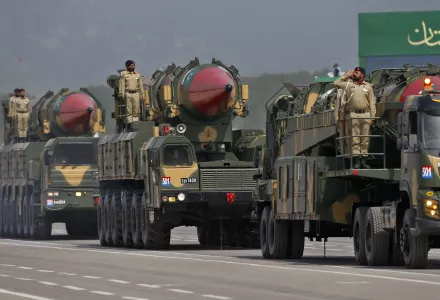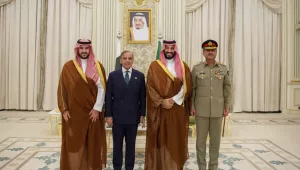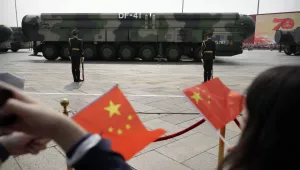Pakistan's Bomb: Development and Current Implications
Speaker: Dr. Mansoor Ahmed, Non-Resident Senior Fellow at the Center for International Strategic Studies in Islamabad, Pakistan
Discussants: Dr. Mayumi Fukushima, Postdoctoral Research Fellow, Project on Managing the Atom and the International Security Program, Belfer Center
Dr. Steven E. Miller, Director of the International Security Program, Belfer Center
The Project on Managing the Atom (MTA) hosts a reflective and policy-oriented discussion focused on Pakistan's development of its nuclear arsenal and implications for South Asian security today.
For members of the public (HUID and non-HUID holders), please register for the Zoom webinar event here. You will be able to watch the event live through Zoom.
For those who wish to attend in-person (HUID holders only), please register for a seat in the conference room here.
While this virtual event is on the record, the event organizers prohibit any attendees, including journalists, from audio/visual recording or distributing parts or all of the event program without prior written authorization.




